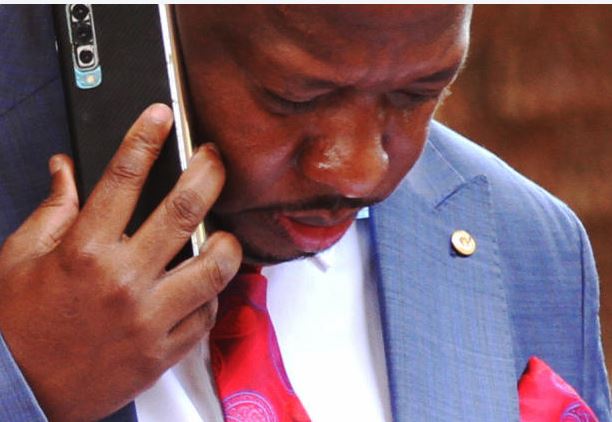×
The Standard e-Paper
Stay Informed, Even Offline

Predictably, the impeachment of Nairobi Governor Mike Sonko (above) followed a script common nowadays. It was another confirmation of what Siaya Senator James Orengo predicted in 2017; government eating its own children.